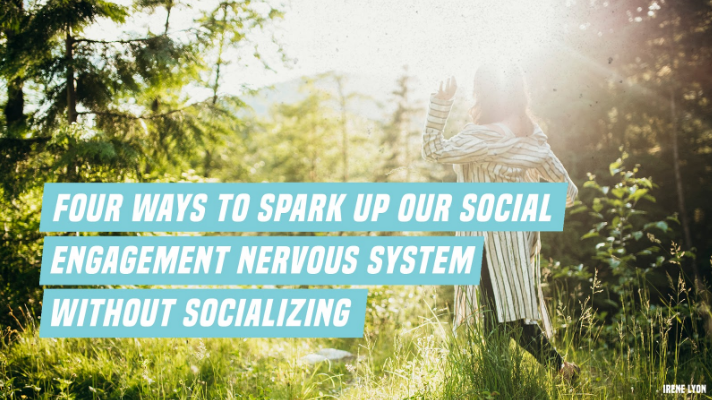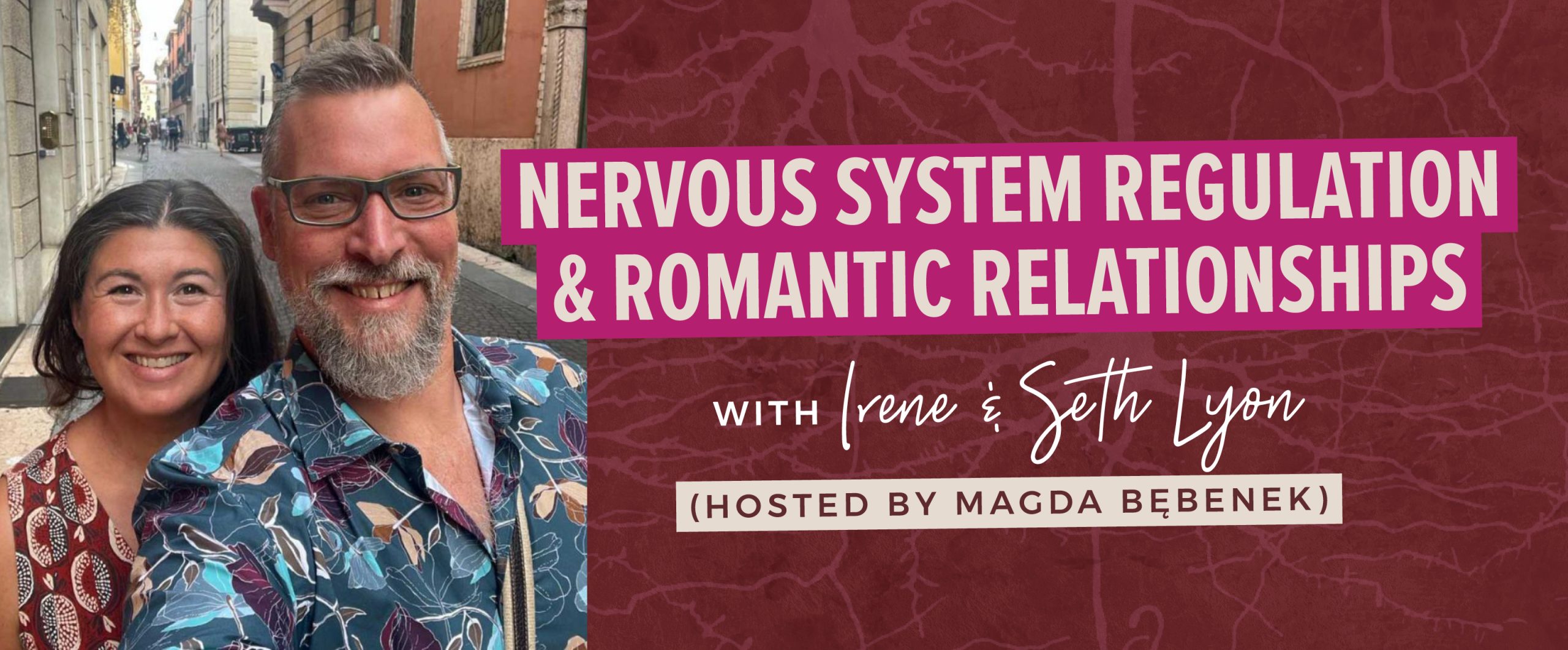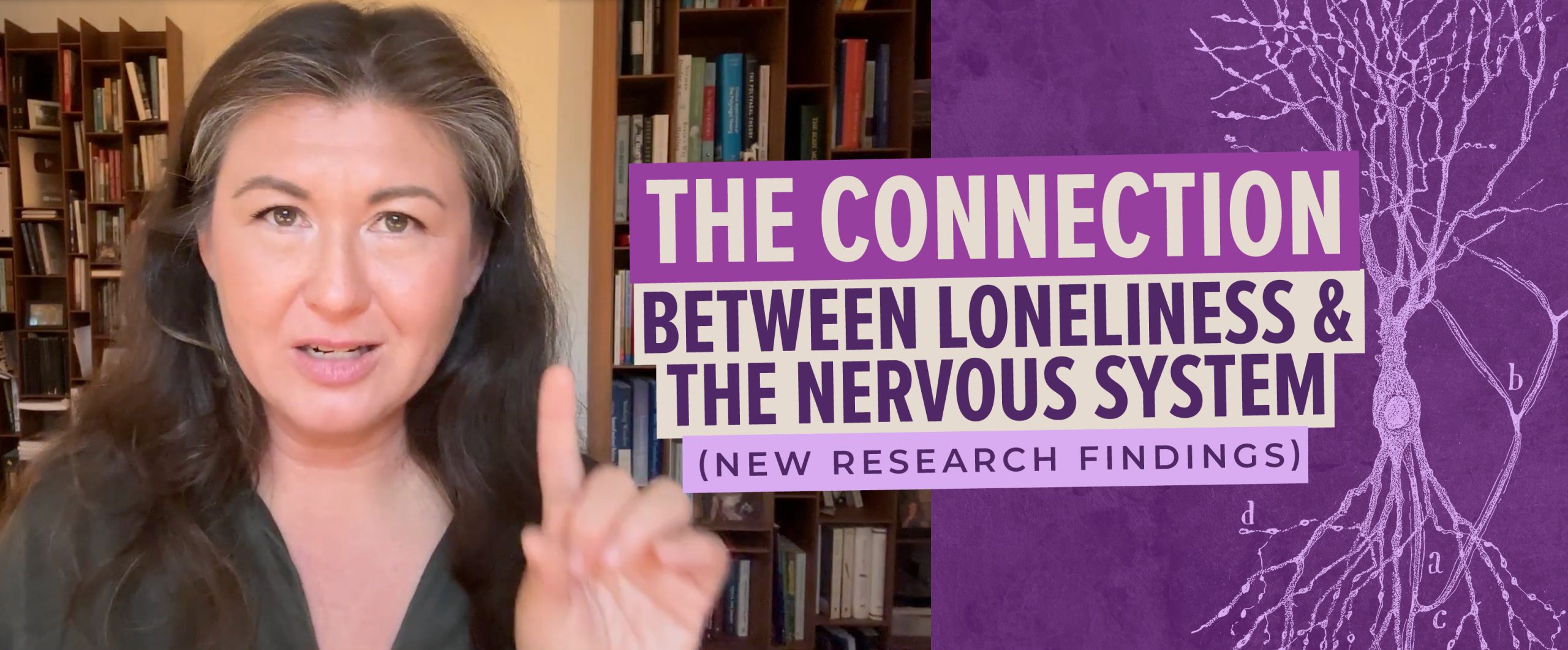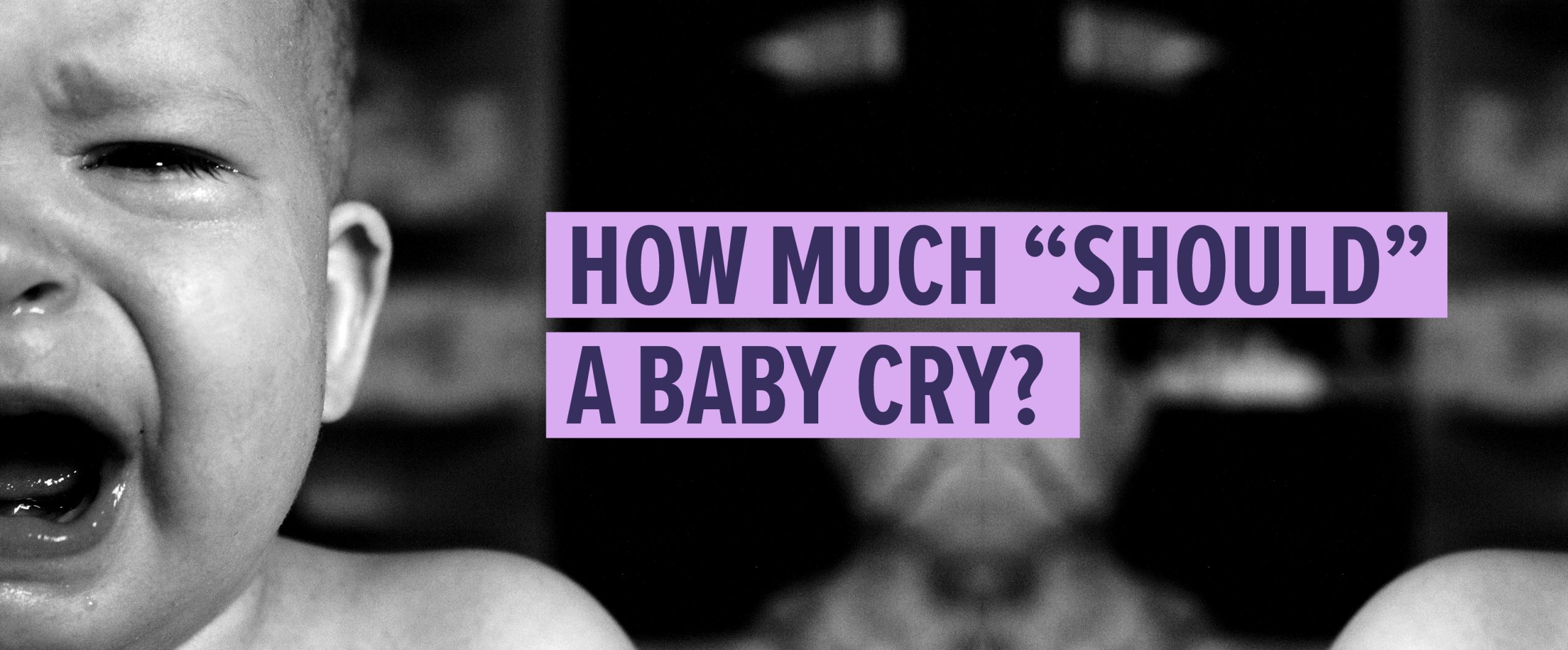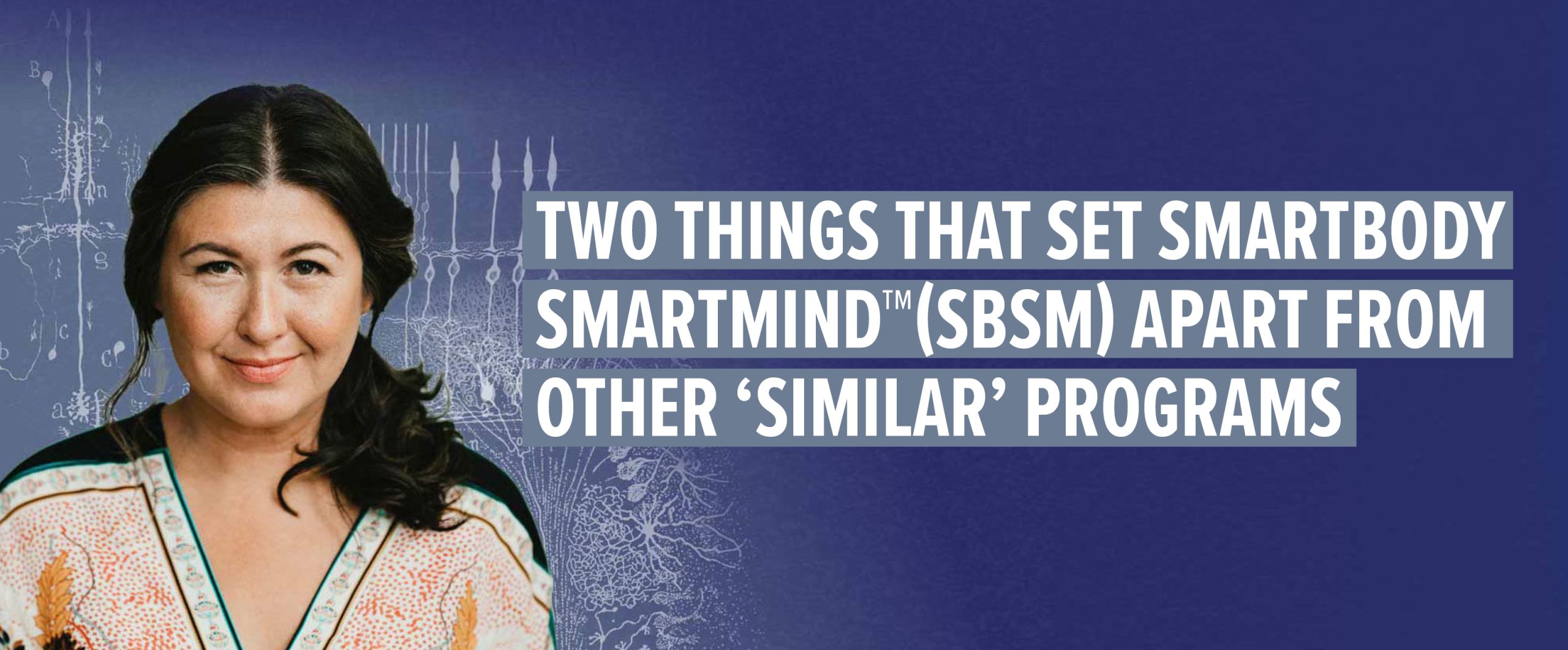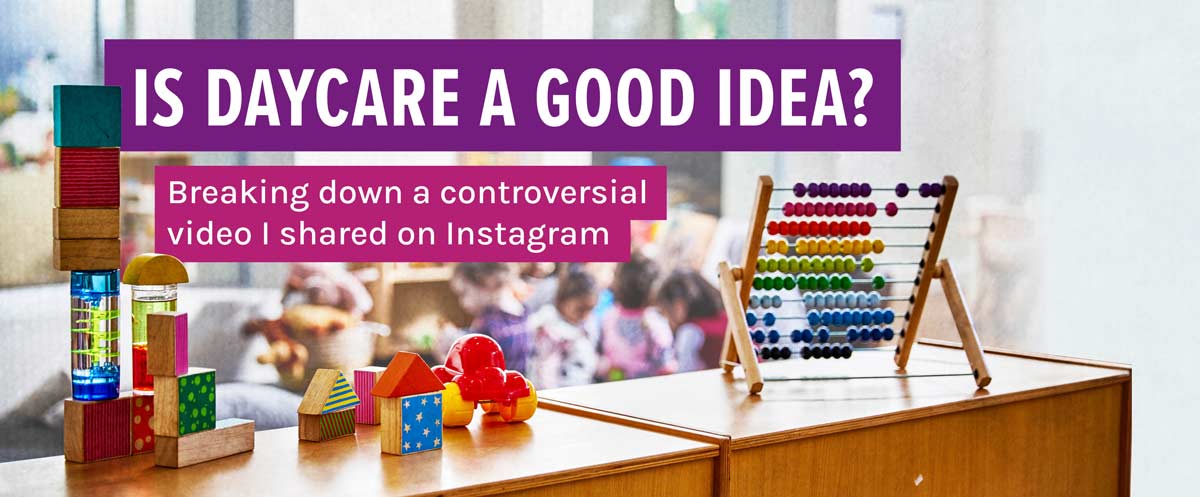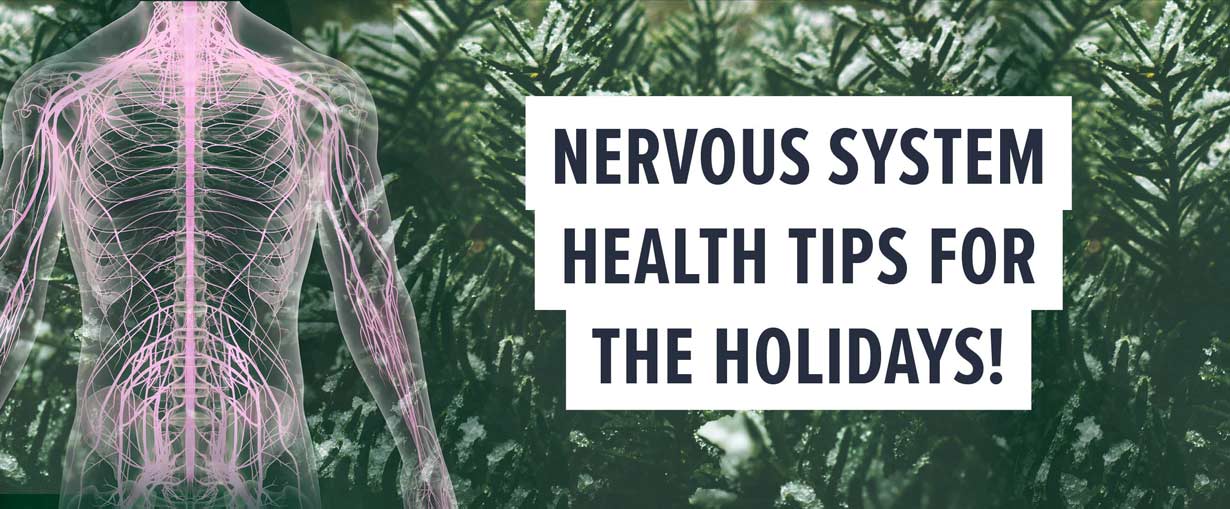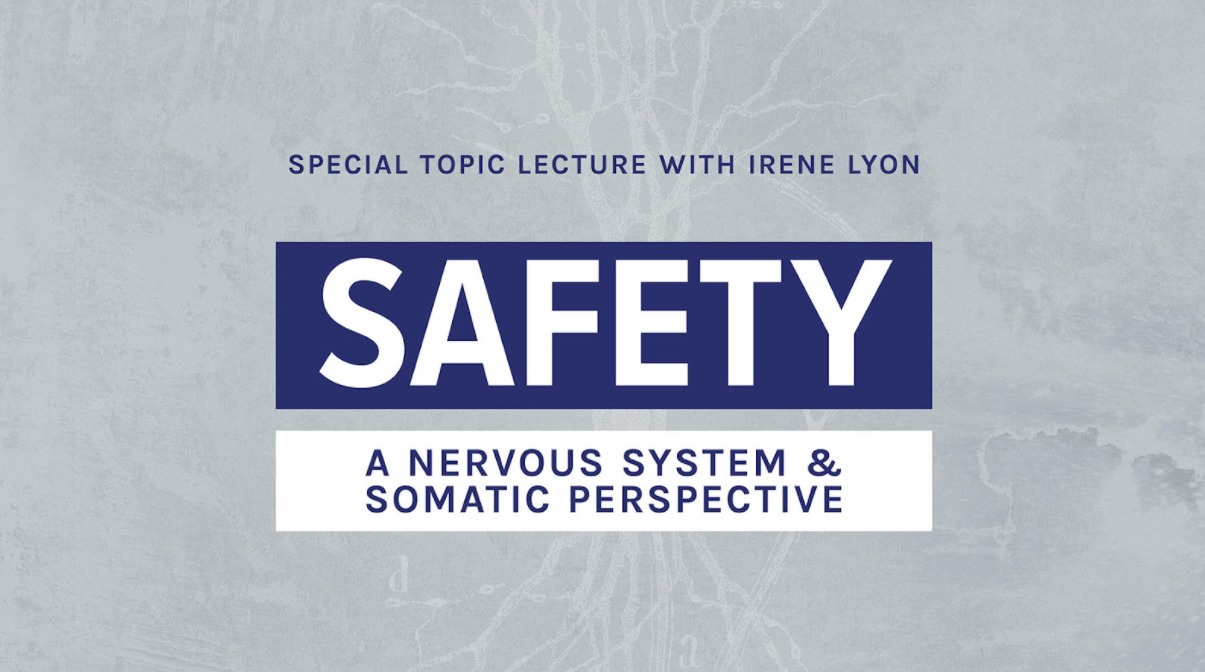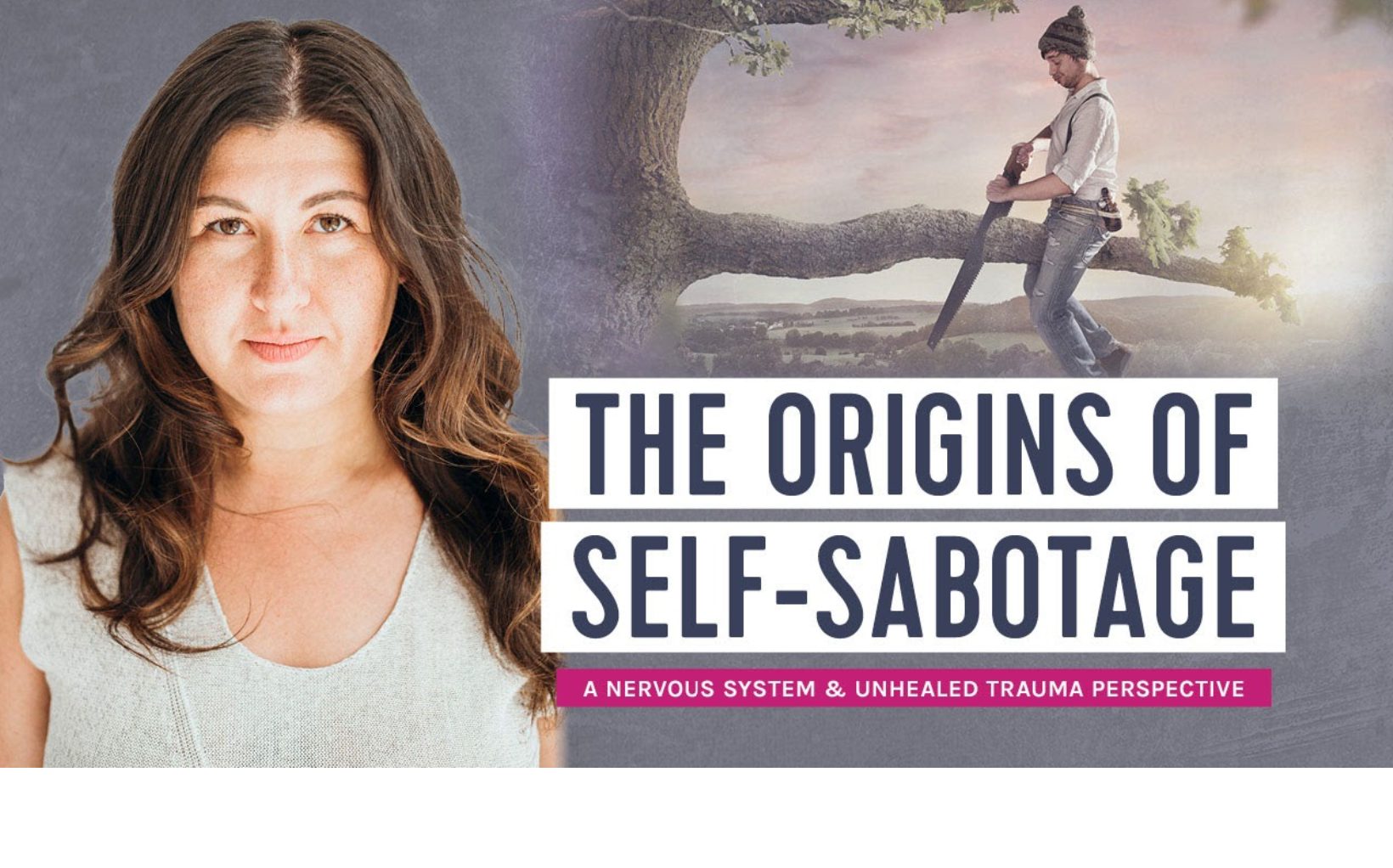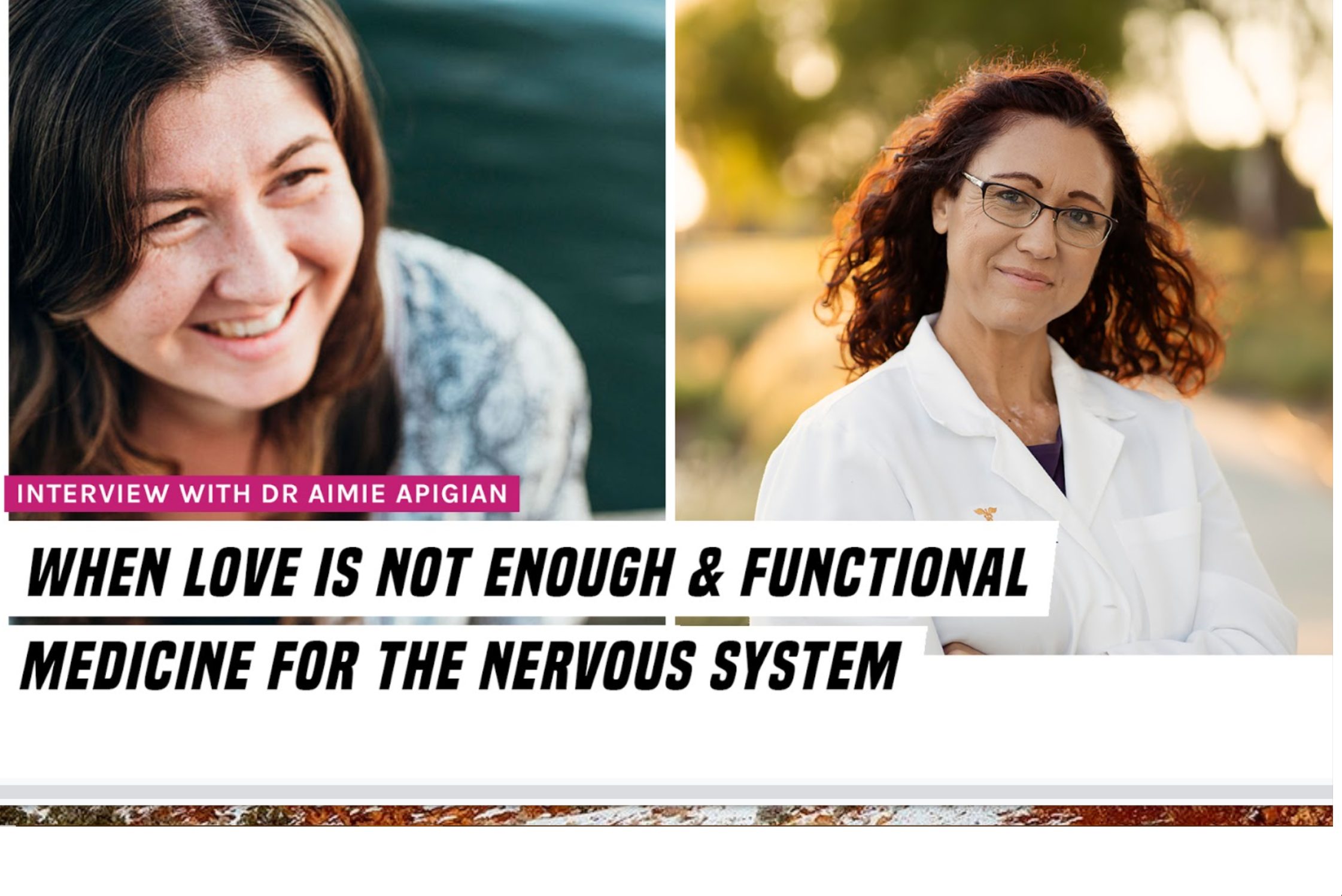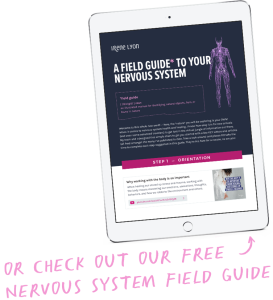When someone feels anxious and upset and they are not able to self-soothe without external means (like spending time with friends, or taking a bath, or a drug, or a cup of tea, etc…), it can mean they do not have enough nervous system health on board to do something called self-regulation. Self-regulation is something we are supposed to learn from birth, and throughout our youth*, from our primary caregiver through something called co-regulation.
*I am vague here and say ‘youth’ because depending on how a caregiver co-regulates with their young infant and then toddler, it will mean the child will either have, or not have, good self-regulation. I’m certain you know of some adults in their 60s who don’t have the capacity to self-regulate, but you’ll see children in some communities who, by the age of eight or younger, can tend to a home, soothe their younger siblings, and ensure food is on the table. Now, I don’t suggest all children should have this responsibility, but it shows the diversity and complexity of human beings and that how we are nurtured GREATLY determines our ability to nurture ourselves.
Let’s say you, or someone you know, doesn’t have good self-regulation and they require outside resources to calm and settle (and there is nothing wrong with this by the way!); but this person knows they want to heal and restore more self-regulation to their nervous system so they can gain the benefits of a regulated system.
Well, one of the important pieces of healing at this nervous system level is sparking up, or building up, something called our social engagement nervous system (AKA: the ventral vagal branch of the parasympathetic nervous system).
The thing is, many people with unresolved trauma find actual social engagement with real people stressful, not soothing, which can put them in a bind, for their system is scared of the very thing that they need – a fundamental paradox that is often part of this healing trauma journey.
In today’s vlog, I breakdown what this part of our nervous system is and four ways a person can engage with themselves and their environment to enhance and grow this branch of their ‘slowing down’ nervous system (and only one of these ways involves people!).
* * *
Resources I Share In The Vlog:
VLOG: The Polyvagal Theory: Explained
VIDEO: How to create a healthy human being starts here (it’s not what you think)
VLOG: Can I heal if I’m living in a toxic environment?
VLOG: Titration Explained.

